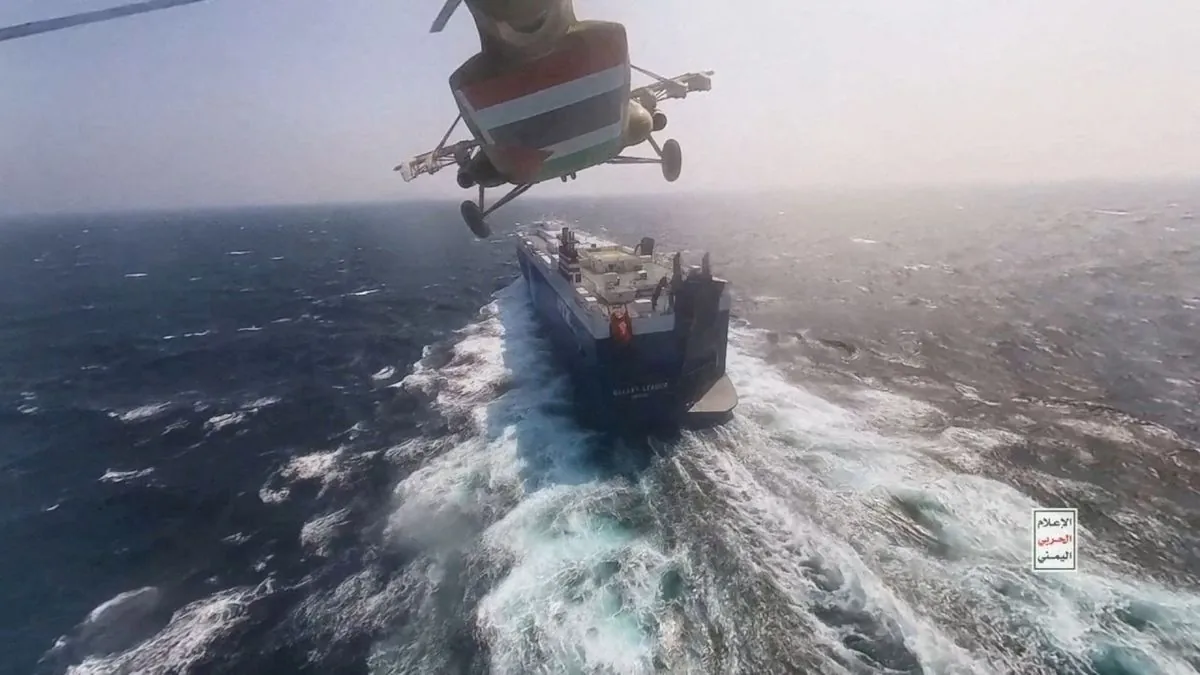Secret Russian help to Houthi rebels puts global shipping in danger
New data shows Russia providing critical targeting info to Houthi forces attacking ships in Red Sea. This cooperation changes maritime security landscape and puts global trade routes at risk

In a game-changing development‚ Russia has moved beyond being just a passive observer of Red-Sea attacks to become an active participant. Moscowʼs been sharing ship-targeting info with Houthi forces which creates a whole new level of risk for global shipping
The situation started bout a year ago when Houthi groups began hitting ships that had Israel connections (supposedly backing Gaza). When western nations stepped in to help; the attacks spread to their vessels too. While most ships got away safe a couple ended-up at the bottom of the sea; however Russian and Chinese boats stayed untouched
- Western ships now skip the route
- Traffic in Suez dropped by 64%
- Ships take 10-12 extra days going around Africa
- Costs jumped up 50% on alternate routes
Itʼs one thing to give data to help protect your own ships‚ another to give them data that help them attack Western ships
The tech side is super-complex: hitting moving targets at sea needs real-time data thats way harder than finding static spots on land. Duncan Potts (ex UK Navy vice admiral) explains: “Such targeting is quite complicated even for Western navies“. Its clear that without Moscowʼs help Houthi groups wouldnt be so effective
This creates a dangerous new normal - other countries might start sharing military-grade info with various groups. Imagine Chinese-backed groups getting targeting help in Asian waters; it could change everything about sea trade. Western shipping companies that still use the Red Sea route might have to think twice now
The whole mess makes one of the worlds oldest trade routes basically useless until someone can stop Putinʼs helpers from messing with ships. Western navies keep trying to protect merchant vessels but its getting harder with Russian intel helping the other side





























